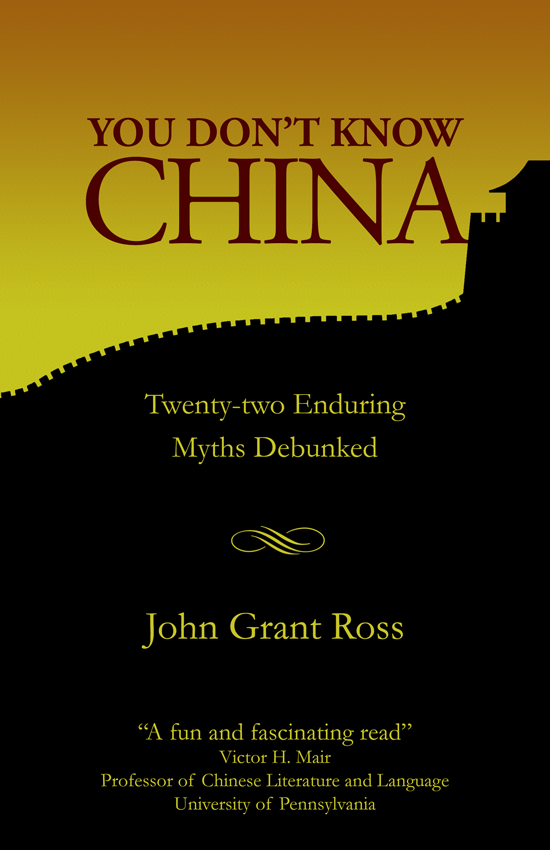 500 words from is an occasional series in which authors talk about their newly-published books. The Strike.
500 words from is an occasional series in which authors talk about their newly-published books. The Strike.Here, Harvey Thomlinson talks about his new experimental novel,
Harvey is best known as a translator of novels by rebellious Chinese writers like Murong Xuecun and Chen Xiwo. His own innovative writing has attracted attention for its adventurous writing style, particularly sentence structures. Harvey also runs Make-Do Publishing, a press which specializes in fiction from Asia.
The Strike vividly explores a crisis in the lives of Old Yu and Little Xu, two outsiders in a frozen Chinese border town hit by a traumatic strike. Caught up in the upheaval, guilt-ridden Old Yu embarks on a reckless journey to find the rebellious woman he betrayed. Meanwhile, young drifter Little Xu enters into a dangerous relationship with a stranger on the run.
So, over to Harvey…


 Backlist books is
a column by
Backlist books is
a column by 














